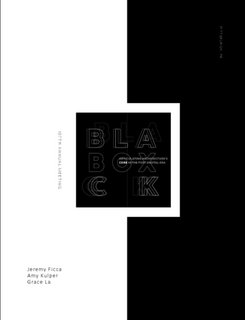Author(s): Christopher Meyer & Shawna Meyer
THE MISSISSIPPI RIVER DELTA AS HUMAN CONSTRUCT History provides accounts of the settlements in the Mississippi River delta flourishing in the river’s rich alluvial soils; suggesting the amount of riches one could amass is limited only upon the capacity of one to clear existing vegetation from the landscape–cultivating natural ecologies to agriculture. Coupled to the development of these agricultural settings are littoral urbanisms; these urban fabrics range from rural clusters of individual habitats to complex urbanisms fostering networks of industry, trade, and transportation. As the newly established agricultures and urbanisms matured in place; these human controlled environments began to show signs of opposition to the very delta environment that conceived them. Natural river patterns of movement, bending, meandering, sediment, erosion, contraction and expansion became antagonists to the static agricultural and urban environments. These natural dynamisms were given equally antagonistic, often hostile, references as : flooding, drowning, engulfing, submerging. A subtle, but perceptible, change of dialect allows a natural river action to transform into an action of intent acting upon something else. The river is not merely expanding and contracting, but flooding the surrounding settlements. As if an intention exists to disrupt and disorder humankind’s control of environment. This shift in language is a first step into the Anthropocene; the establishment of nature as subservient to humankind. A false transposing of man’s control over environment.
https://doi.org/10.35483/ACSA.AM.107.44
Volume Editors
Amy Kulper, Grace La & Jeremy Ficca
ISBN
978-1-944214-21-0

 Study Architecture
Study Architecture  ProPEL
ProPEL 
